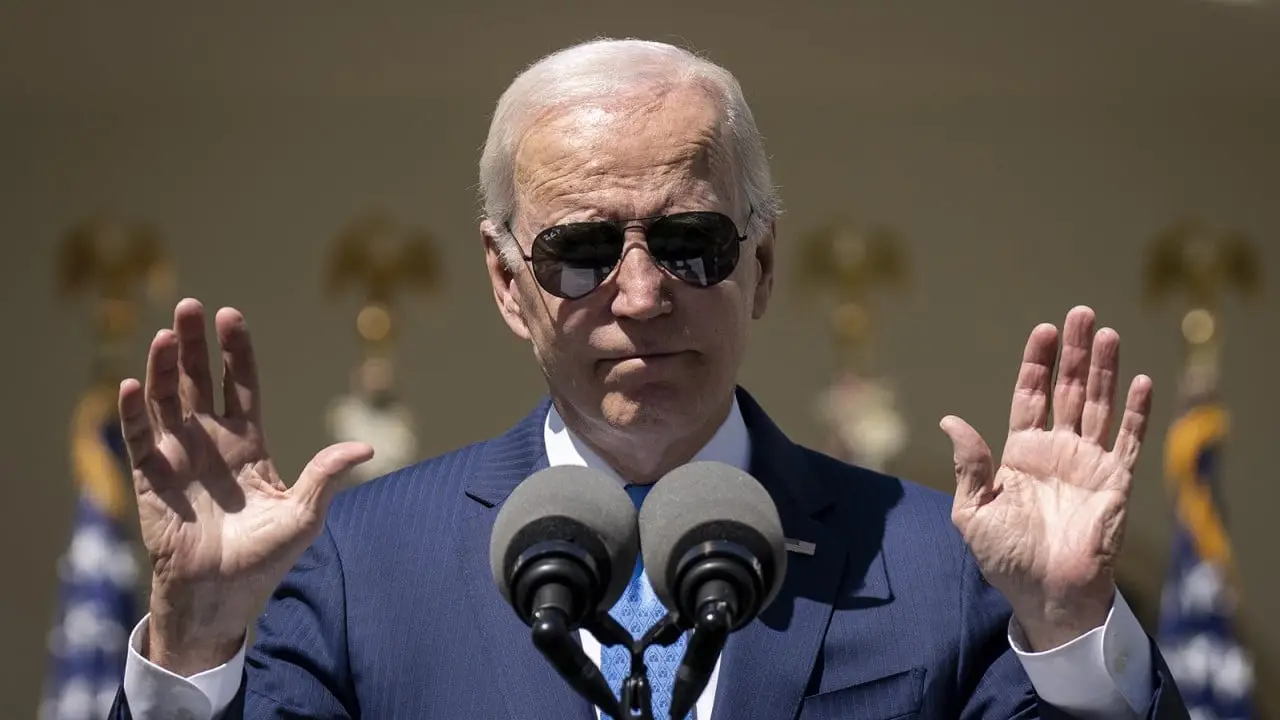US President Joe Biden has signed key legislation into law that extends for another five years the Hong Kong Human Rights and Democracy Act of 2019, including its sanctions on key Chinese officials.
Advertisement
On Monday, Biden signed the massive US$895 billion National Defense Authorization Act (NDAA), annual legislation that finances and directs policy for the US military and security agencies for the coming fiscal year.
Because the NDAA is a “must pass” bill – given political pressure to ensure that military personnel receive their pay and benefits on time – it draws a bevy of provisions not strictly tied to defence. This year, these included the extension of the Hong Kong act, as well as those for the Reciprocal Access to Tibet Act of 2018 and the Uygur Human Rights Policy Act of 2020.
Drawing on the Hong Kong legislation, the US Treasury Department in 2020 sanctioned 11 city and mainland Chinese officials, including current Hong Kong Chief Executive John Lee Ka-chiu, at that time the city’s security chief, and then-chief executive Carrie Lam.
Hong Kong and Beijing have strongly and repeatedly condemned the US sanctions. Lee vowed on taking office in 2022 that the measures imposed by “some bullying countries” would not deter him and his government from assuming the “must fulfil” responsibility of safeguarding national security.
Advertisement
US sanctions backed by the US dollar and its grip over the global financial system – under its provisions, individuals, US banks and companies are generally prohibited from dealing with sanctioned officials – have upended the travel plans and bank access of those targeted.
Lam said in 2022 that she circumvented the restrictions by collecting her salary in cash, some of which she kept in a drawer in her residence at Government House.

